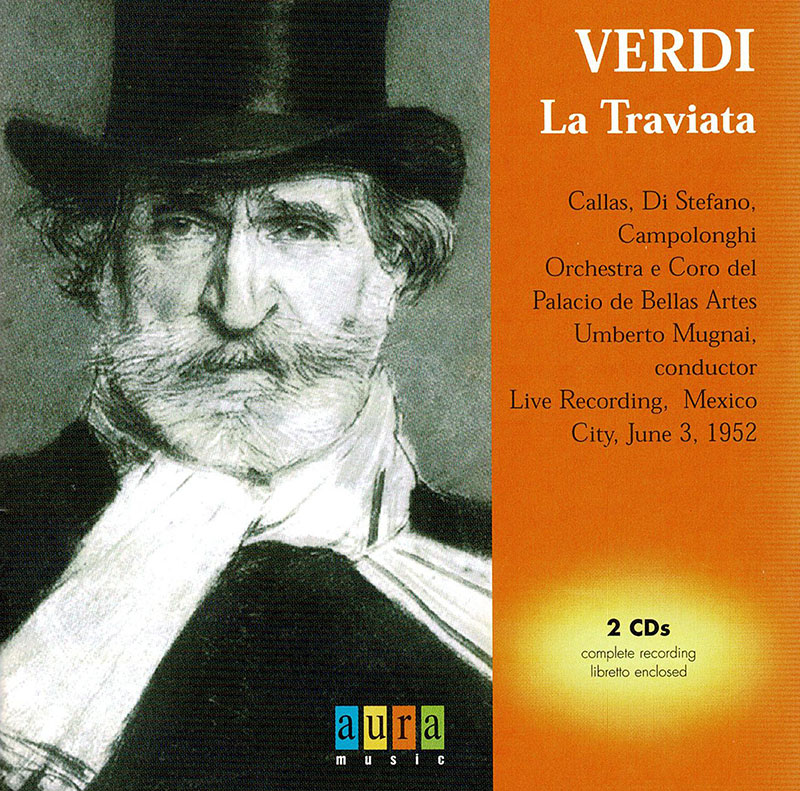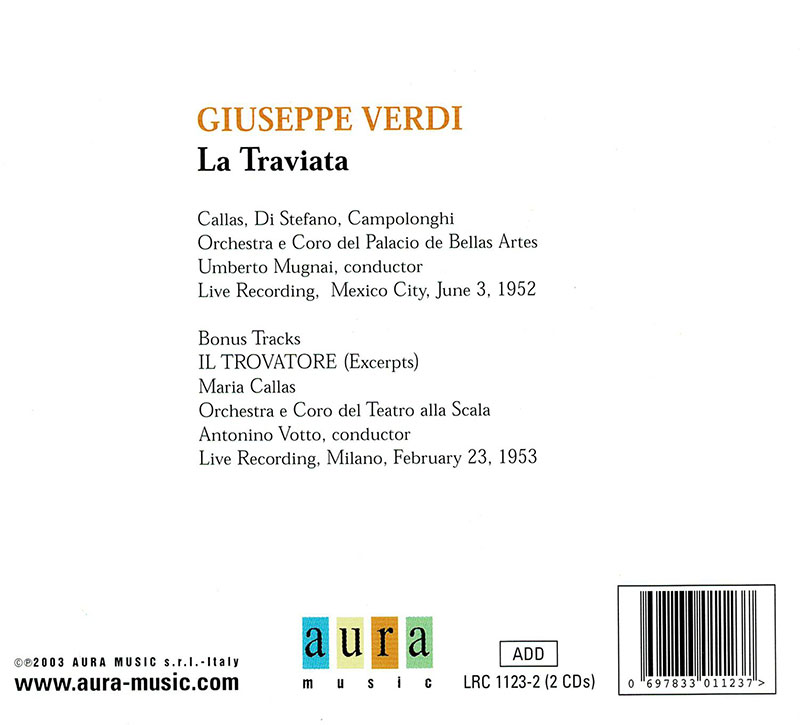Logowanie
Dlaczego wszystkjie inne nie brzmią tak jak te?
Chai Lang, Fan Tao, Broadcasting Chinese Orchestra
Illusive Butterfly
Butterly - motyl - to sekret i tajemnica muzyki chińskiej.
SpeakersCorner - OSTATNIE!!!!
RAVEL, DEBUSSY, Paul Paray, Detroit Symphony Orchestra
Prelude a l'Apres-midi d'un faune / Petite Suite / Valses nobles et sentimentales / Le Tombeau de Couperin
Samozapłon gwarantowany - Himalaje sztuki audiofilskiej
PROKOFIEV, Stanislaw Skrowaczewski, Minneapolis Symphony Orchestra
Romeo and Juliet
Stanisław Skrowaczewski,
✟ 22-02-2017
BARTOK, Antal Dorati, Philharmonia Hungarica
Dance Suite / Two Portraits / Two Excerpts From 'Mikrokosmos'
Samozapłon gwarantowany - Himalaje sztuki audiofilskiej
ENESCU, LISZT, Antal Dorati, The London Symphony Orchestra
Two Roumanian Rhapsodies / Hungarian Rhapsody Nos. 2 & 3
Samozapłon gwarantowany - Himalaje sztuki audiofilskiej
Winylowy niezbędnik
ClearAudio
Cartridge Alignment Gauge - uniwersalny przyrząd do ustawiania geometrii wkładki i ramienia
Jedyny na rynku, tak wszechstronny i właściwy do każdego typu gramofonu!
ClearAudio
Harmo-nicer - nie tylko mata gramofonowa
Najlepsze rozwiązania leżą tuż obok
IDEALNA MATA ANTYPOŚLIZGOWA I ANTYWIBRACYJNA.
Wzorcowe
Carmen Gomes
Celebrating the art and spirit of music - vol. 5 - Reference Songs
- CHCECIE TO WIERZCIE, CHCECIE - NIE WIERZCIE, ALE TO NIE JEST ZŁUDZENIE!!!
Petra Rosa, Eddie C.
Celebrating the art and spirit of music - vol. 3 - Pure
warm sophisticated voice...
SAMPLER - STS DIGITAL, Gregor Hamilton
Celebrating the art and spirit of music - vol. 2 - Love songs from Gregor Hamilton
...jak opanować serca bicie?...
SAMPLER - STS DIGITAL
Celebrating the art and spirit of music - vol. 1 - Leonardo Amuedo
Największy romans sopranu z głębokim basem... wiosennym
Lils Mackintosh
Celebrating the art and spirit of music - vol. 4 - A Tribute to Billie Holiday
Uczennica godna swej Mistrzyni
VERDI, Maria Callas, Giuseppe di Stefano, Piero Campolonghi, Orchestra e Coro del Palacio de las Bellas Artes, Umberto Mugnai
La Traviata

Live Recording, Mexico City, June 3. 1952 Ralph Moore TOP 1000 REVIEWER 5.0 out of 5 stars One of three supreme portrayals October 9, 2017 EMi resisted having to do with anything other than the official studio recordings of Callas until 1989 when they remastered and issued this "pirate" - perhaps a better word is "private" - recording under their own label and there are now three almost equally desirable live, mono recordings of Callas' Violetta, here in May 1955 at La Scala, and two in 1958 in March in Lisbon and June in London. Other live recordings are even less desirable sonically and/or find Callas less well partnered. People tend to think first of Tosca as Callas' calling card, but she did not in fact like the character and the frequency with which Callas performed Violetta - 63, exceeded only by the 92 of "Norma" - gives some idea of the level of her identification with her, and her activity in response to the demand of major opera house to hear her in a signature role. All three recordings offer the same disadvantage of harsh, peaky sound and the similar advantages of a starry cast, sympathetic conductors and Callas caught on the wing in finest voice. The Lisbon and London performances emerge very well on the Myto label and the remastered Warner edition in the new "Callas Live" box set of the former is now marginally cleaner and clearer but all three are eminently listenable with a will and those who declare them otherwise obviously have no tolerance for anything other than modern stereo sound, as the performances are of such quality as to make the listener forget all about such petty technical flaws. However, it must be admitted that the sound here deteriorates from CD2 onwards and continues to worsen. Personally, I prefer Valletti's elegant Alfredo in London to Kraus' reedy tone and Di Stefano's more impassioned, gung-ho approach but all three are fine and there's not much to choose between Sereni and Zanasi as Germont. Both have neat, well-schooled, Italianate baritones and if they sound rather young that's no great handicap as there's no reason why Germont should be an old buffer; he could be only in his early forties. I have in the past unkindly called Bastianini's manner as Alfredo's father "boorish"; he certainly sings through the role plainly and sternly, without much tenderness or subtlety but the sheer quality of his bronzed sound has its attractions. Callas is wonderful in all three. She is on record as having complained that critics seemed not to realise that some of the vocal frailty in her portrayal was the deliberate result of her characterisation of a woman dying of consumption and not a failing voice. At the very least, she was smart enough - and she was very smart - to turn her vocal trials to advantage as Violetta and no artist except perhaps Cotrubas manages to be so touching and vulnerable, spinning long lines on a thread of tone, deploying that downward portamento to heart-rending effect and injecting a note of supreme despair into her sufferings. What's more, you get with this set a current rarity: a complete quadrilingual libretto.
























